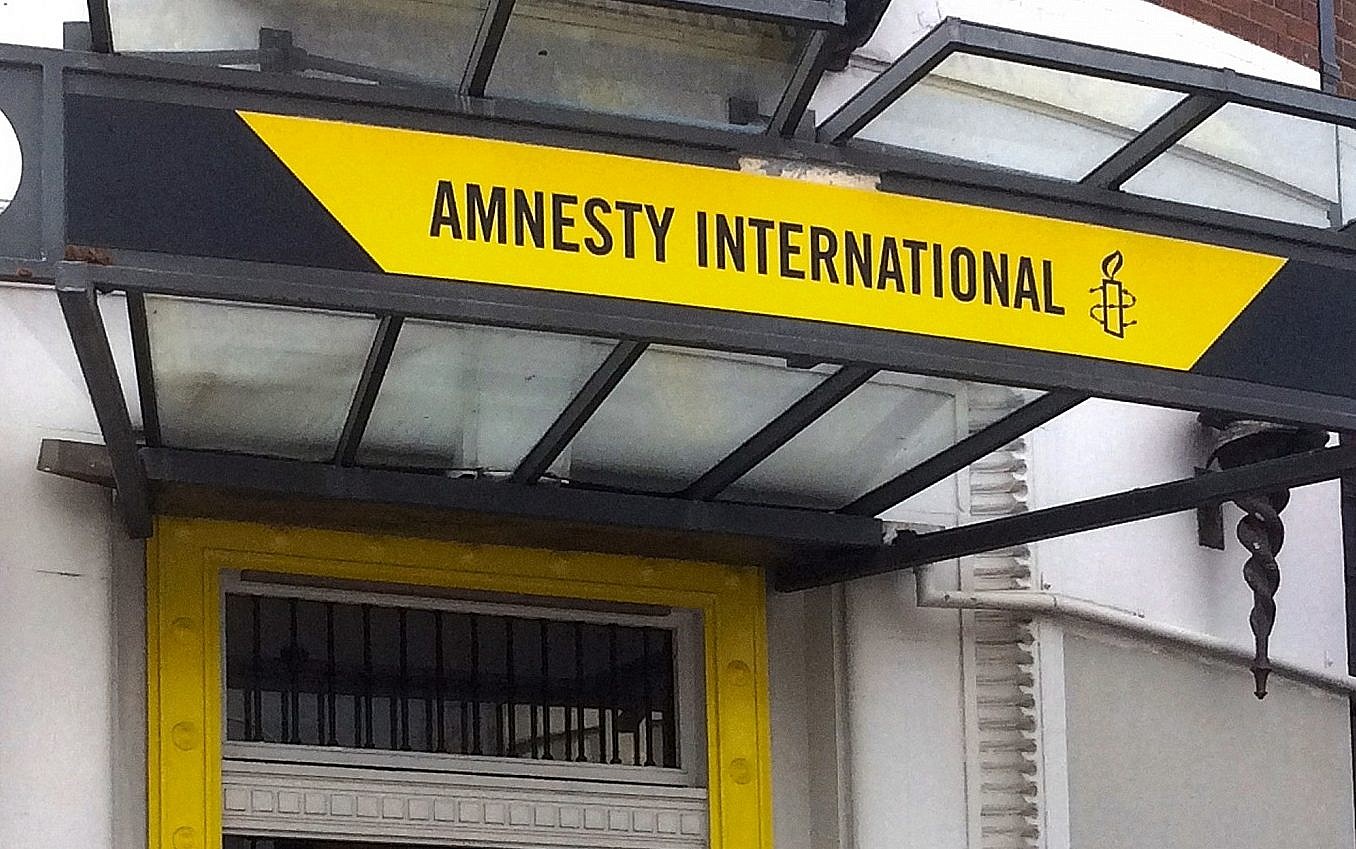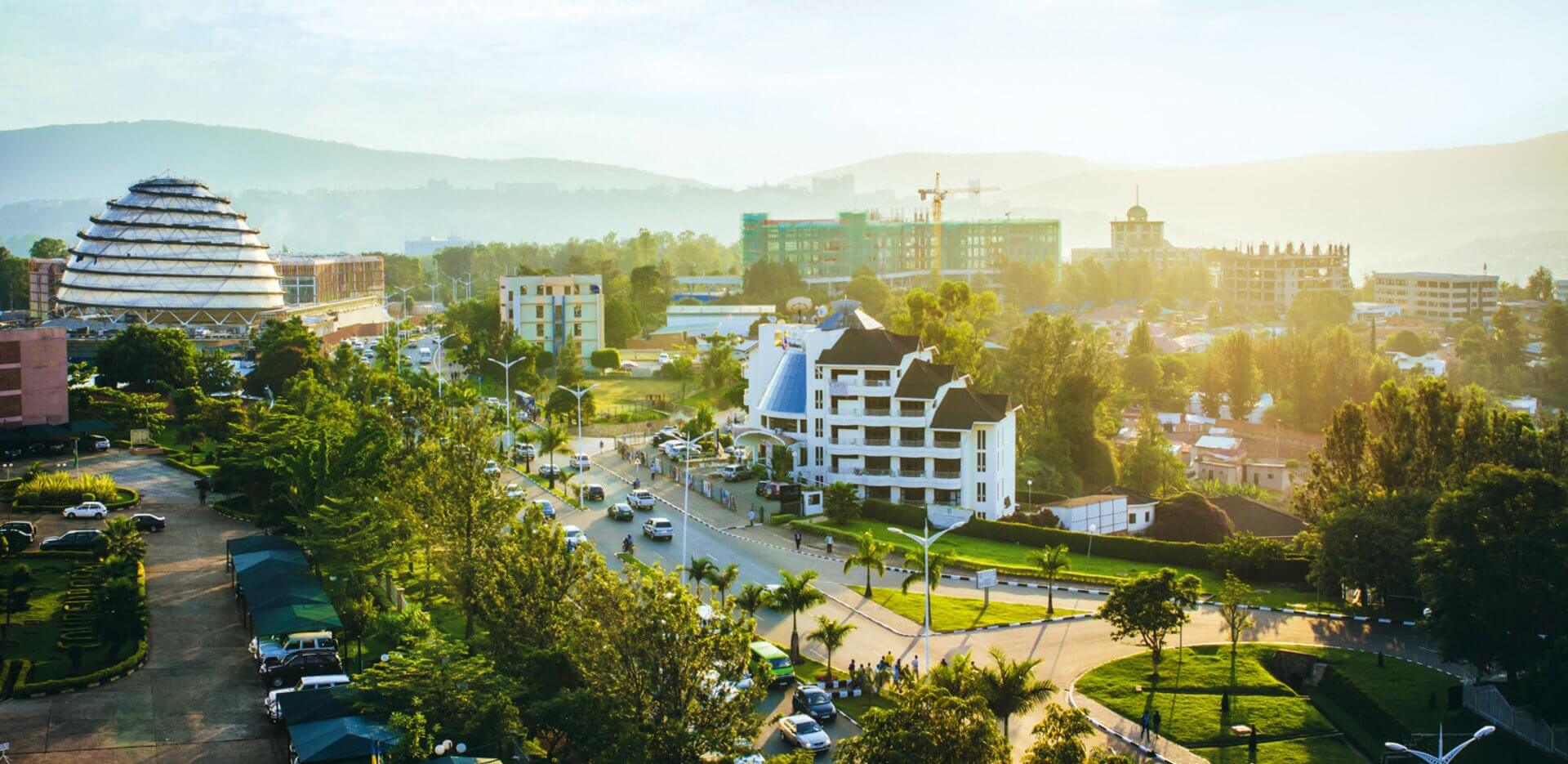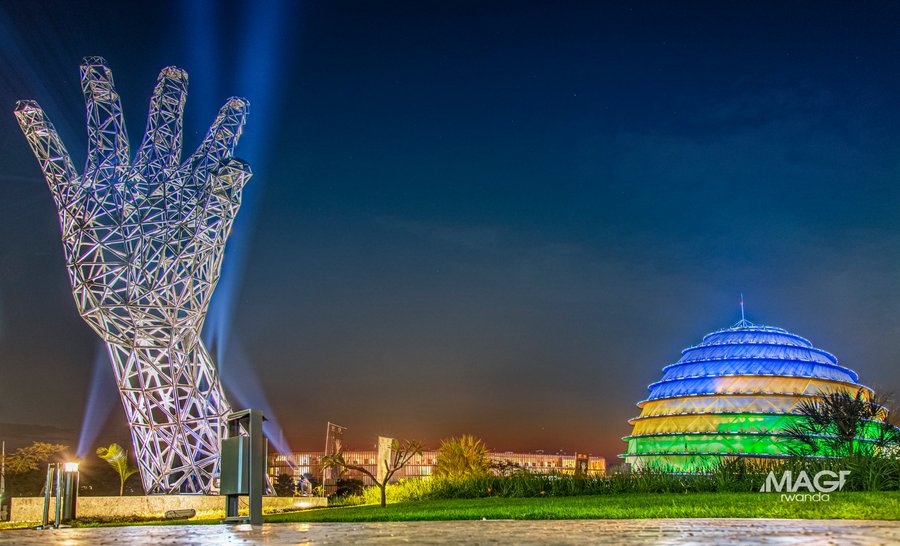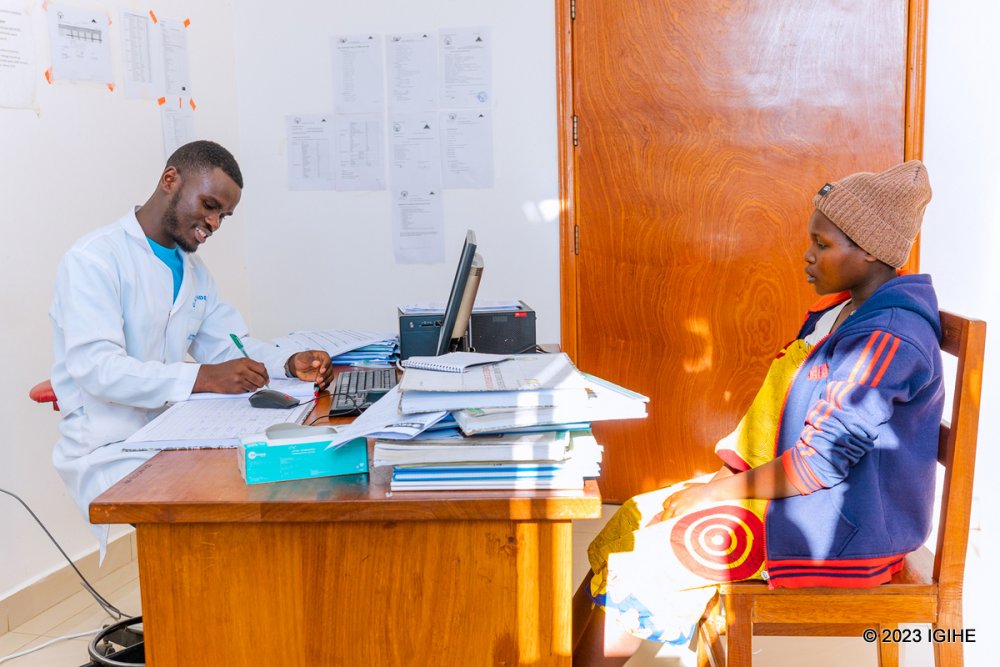Regional
Reflecting on 2024 and Rwanda’s path to success
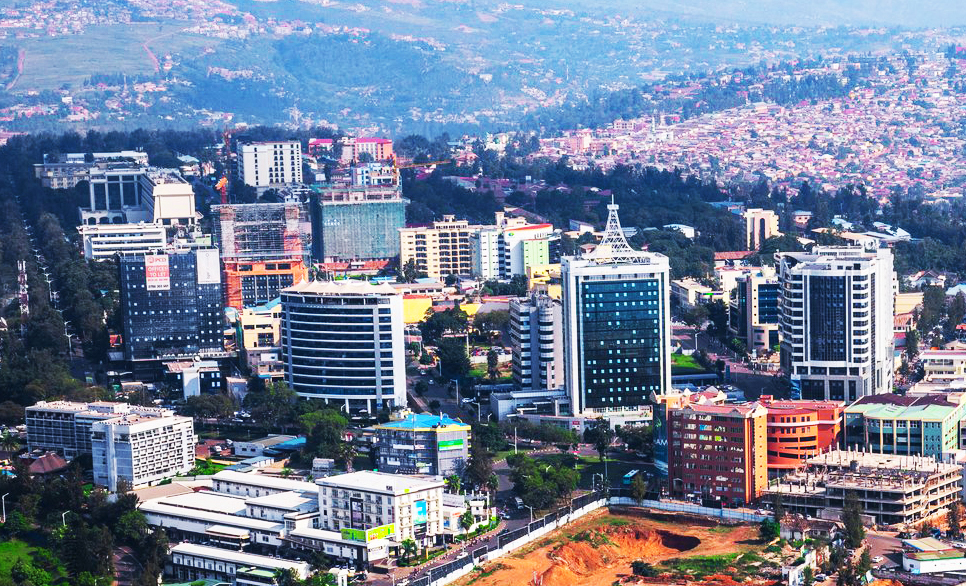
Kigali, capital city of Rwanda.
In July 2024, Rwanda marked a
momentous milestone—62 years of independence, 30 years of Liberation. This year
is not just a chronological marker but a celebration of a nation’s resilience
and transformation against the odds. Rwanda’s journey from the ashes of the
1994 Genocide against the Tutsi to becoming an inspiration of hope and
development is nothing short of extraordinary.
Three decades ago, the world’s
perspective on Rwanda was grim. In 1994 after the Genocide against Tutsi,
Hubert Védrine, then Director of the Cabinet of President François Mitterrand,
infamously labeled Rwanda as a “failed state,” suggesting it should merge with
Burundi to form a single entity. This bleak outlook seemed to cast a long
shadow over Rwanda’s future.
However, under the leadership
of the Rwandan Patriotic Front (RPF) Inkotanyi, these predictions were not just
challenged—they were entirely overturned.
Rwandans, united by a common
vision and relentless determination, began the tough task of rebuilding their
country from the devastation of the genocide. Through visionary leadership,
strategic policies, and a durable commitment to unity and development, Rwanda
defied the skepticism of the international community and emerged as a model for
post-conflict recovery and progress.
In the past seven years alone,
Rwanda has made significant strides in various sectors despite the global
challenges posed by the COVID-19 pandemic. The nation’s progress is a testament
to its resilience and adaptability. Here’s a closer look at the transformative
achievements.
In 1994, Rwanda had just 11
embassies abroad. Today, that number has surged to 49. This expansion reflects
Rwanda’s growing role on the international stage, fostering diplomatic
relations and contributing to global peace efforts.
Once abandoned by the
international community during the 1994 Genocide against the Tutsi, Rwanda now
stands as a global peacekeeper. The country’s peacekeeping force has grown to
5,929 personnel deployed worldwide. Additionally, Rwanda has made significant
contributions to peacebuilding in Mozambique and the Central African Republic
through bilateral cooperation and military support.
In 1994, Rwanda had only 530
kilometers of macadamized roads. Fast forward to 2024, and the nation boasts
over 2,600 kilometers of tarmacked roads. This development has been pivotal in
connecting communities, fostering trade, and enhancing economic growth.
Rwanda has become a premier
destination for eco-tourism. The “Visit Rwanda” initiative has successfully
highlighted the nation’s natural beauty and conservation achievements. The
population of endangered mountain gorillas has grown from 355 to over 1,000,
while the number of graded hotels has increased from just two to 37, boosting
tourism and local economies.
The health sector has seen a
remarkable transformation. In 1994, Rwanda had only 14 hospitals. Today, there
are 52, including six new facilities built in the past seven years alone.
Health insurance coverage soared from 2.6 per cent to 97 per cent, ensuring
that the majority of Rwandans have access to essential healthcare services.
Since 1994, over 11.7 million
land titles have been issued to Rwandans. This significant development has
empowered individuals by providing security for land ownership, facilitating
access to loans, and fostering economic growth.
Rwanda’s commitment to
preserving and promoting its heritage is evident in the growth of its museums
from 1 in 1994 to 12 today. This cultural renaissance supports national
identity and educates visitors about Rwanda’s rich history.
A year of reflection and hope
2024 is more than a year of
anniversaries for Rwanda. It is a moment for Rwandans to reflect on their
journey from a nation in despair to a leader in peace, development, and
environmental conservation.
It is also a year that
reinforces the belief that determination, unity, and visionary leadership can
transform even the most challenging circumstances into opportunities for growth
and success.
As Rwanda continues to shine
on the global stage, it stands as a testament to the resilience of its people
and the effectiveness of its leadership. The lessons from Rwanda’s
transformation offer hope and inspiration to other countries emerging from
conflict, proving that a nation can rise from its darkest hours to become a
symbol of hope and progress for the world.
The significance of 2024 in Rwanda’s history is profound. It represents a celebration of achievements that defy initial expectations and a reaffirmation of the nation’s ongoing journey towards greater heights. Rwanda’s story is a powerful reminder that with courage and determination, it is possible to overcome the past and build a future of prosperity and peace.



